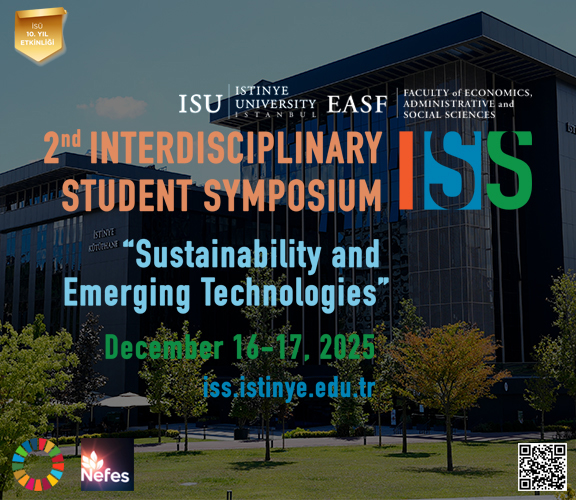
In the early years of industrialization, the expectation for mass production was that the workforce would possess standard skills. However, it is now understood that standard skills alone are insufficient for a sustainable future. In today's world, the rapid integration of sustainability-focused concepts that bring together theory and practice necessitates the support of various research throughout and beyond university education to cultivate skills and perspectives in individuals.
Universities serve as centers of focus that contribute to the reflection of sustainability education in many aspects of life, where students' awareness increases, perspectives are shaped, behaviors are changed, and significant career decisions are made. Students begin the steps of lifelong learning from the first year of university.
Today, in university research centers, students together with academics, who are future business world representatives and decision-makers, are expected to create environments that not only focus on their own topics but also encourage students from different fields to contemplate sustainability parameters.
Throughout their educational lives, students who have internalized, practiced, and contributed to the development of sustainability concepts will undoubtedly keep sustainability principles in mind in their future behaviors and decisions. They discover ways to easily incorporate what they have learned into both their daily lives and professional careers.
In this context, Istinye University has provided opportunities for its Research Centers to transmit their approaches and experiences on sustainability to students, in conjunction with the symposium. Research Centers can submit workshop proposals based on one or several of the United Nations 2030 Sustainable Development Goals. Depending on the applications, workshops will be conducted face-to-face in either Turkish or English.
You can access the abstract book of proceedings of the 1st Interdisciplinary Student Symposium held on 16-17 December 2024 from the link below. https://acikerisim.istinye.edu.tr/items/0ac39686-71fc-41e4-84f9-16987c2de829
These topics are also the United Nations 2030 Sustainable Development Goals:
1. End Poverty
2. No More Hunger
3. Healthy Individuals
4. Quality Education
5. Gender Equality
6. Clean Water and Sanitation
7. Accessible and Clean Energy
8. Decent Work and Economic Growth
9. Industry, Innovation, and Infrastructure
10. Reduced Inequalities
11. Sustainable Cities and Communities
12. Responsible Consumption and Production
13. Climate Action
14. Life Below Water
15. Life on Land
16. Peace, Justice, and Strong Institutions
17. Partnerships for the Goals

